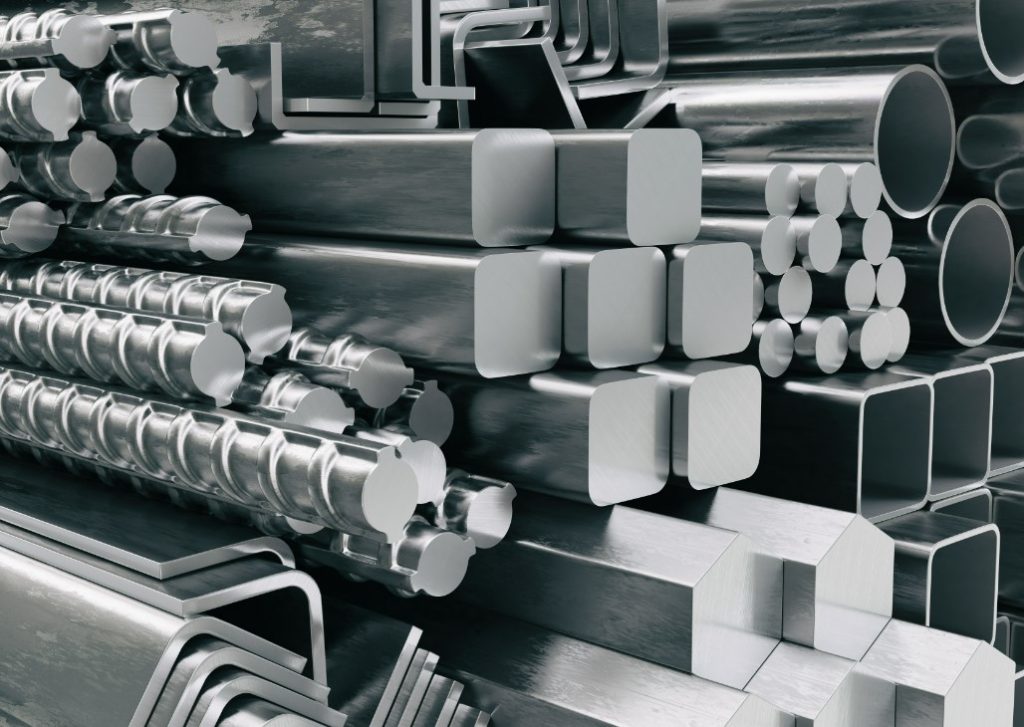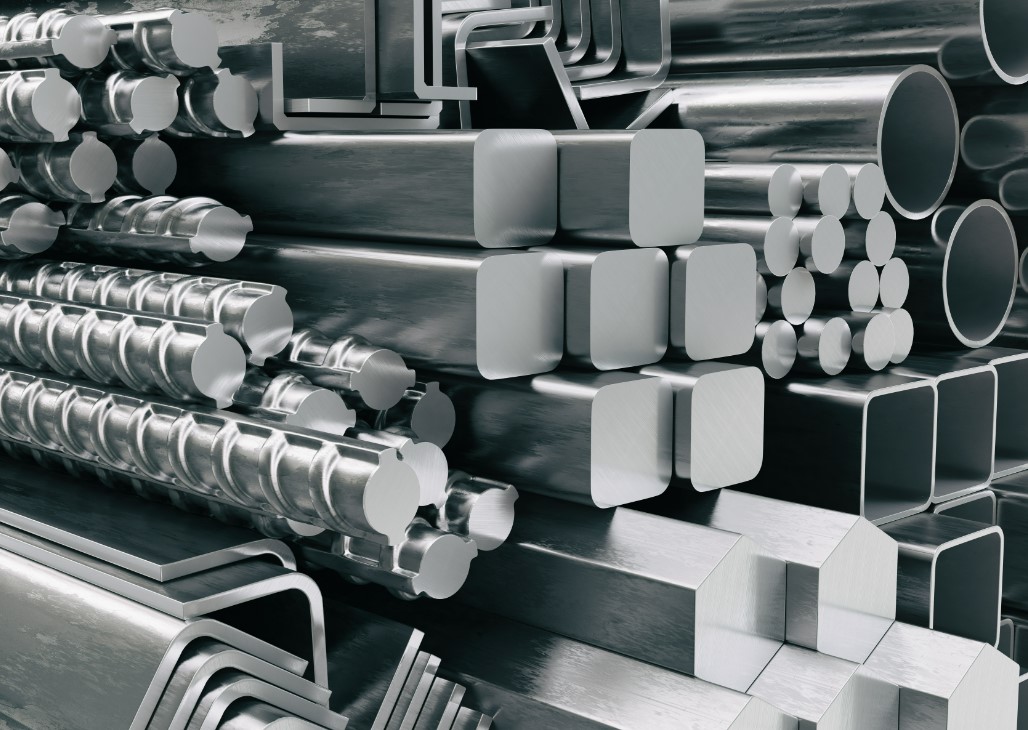Introduction
In a global landscape marked by shifting trade dynamics, the European Aluminium industry finds itself at a crossroads. Recent discussions surrounding trade agreements, particularly the EU-India Free Trade Agreement (FTA), have sparked concerns within the industry. This article delves into the ramifications of such negotiations, highlighting the pivotal role of aluminium in the European economy.
The Threat Posed by EU-India FTA
The proposal to liberalize Chapter 76 in the EU-India FTA raises alarm bells for the European aluminium industry. As outlined by European Aluminium, this move jeopardizes the survival of domestic aluminium production, essential for the EU’s twin transition and clean technology initiatives. The industry’s struggles amidst an energy crisis accentuate the need to maintain stringent trade regulations to avoid further deindustrialization.
Environmental Concerns and Carbon Leakage
A glaring concern lies in the vast difference in carbon emissions between Indian and European aluminium production. While Europe strives for decarbonization, opening up to the Indian market risks undermining these efforts. The effectiveness of the Carbon Border Adjustment Mechanism (CBAM) remains uncertain, posing challenges in mitigating carbon leakage and upholding EU climate objectives.
Economic Disparity and Market Expansion
The EU’s comparatively smaller production capacity pales in comparison to India’s rapidly expanding aluminium industry. Surging imports of Indian aluminium products threaten to disrupt the European market, exacerbating existing challenges faced by European producers.
Proposed Solutions and Recommendations
European Aluminium advocates for trade agreements with binding clauses on climate goals and sustainability. Greater engagement in negotiations is imperative to safeguard Europe’s strategic autonomy and resilience in the face of evolving global trade dynamics.
Conclusion
As the European Aluminium industry braces itself against the storm of trade negotiations, it calls upon policymakers to prioritize European interests. The EU-India FTA serves as a litmus test, highlighting the need for sustainable solutions that uphold both economic prosperity and environmental integrity. It’s time to navigate the turbulent waters of trade agreements with prudence and foresight, ensuring a resilient future for European aluminium.

